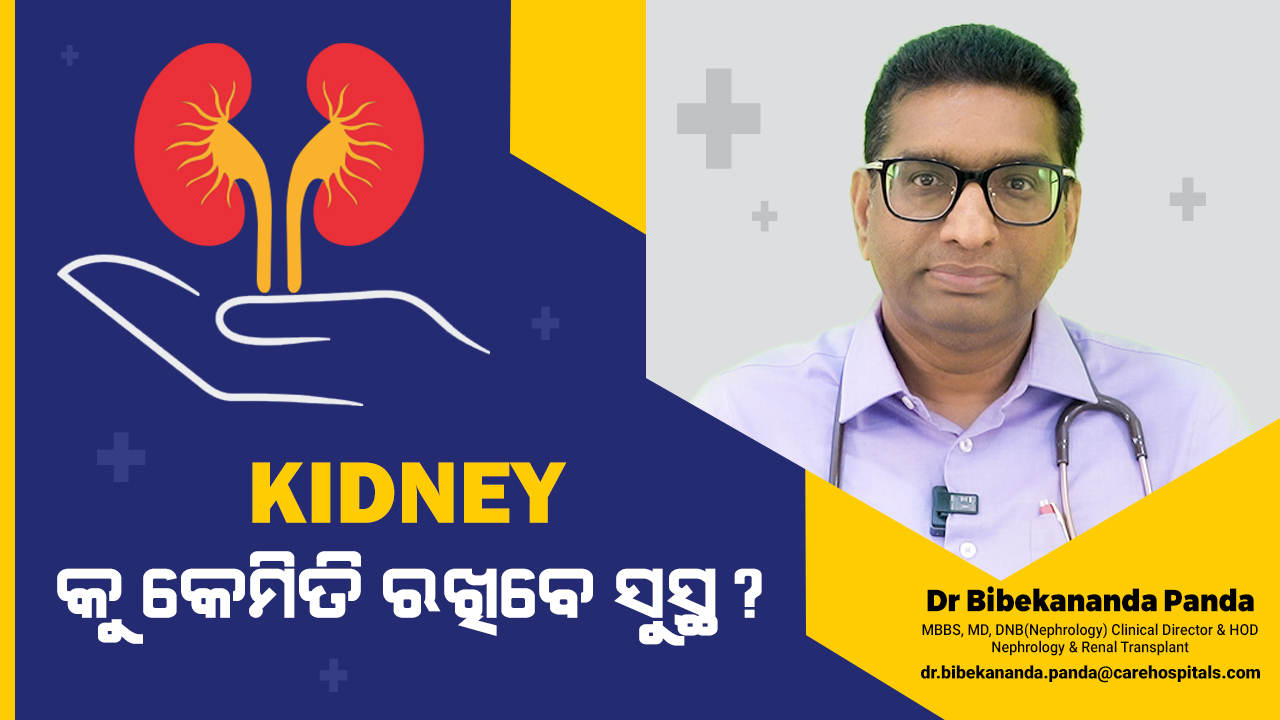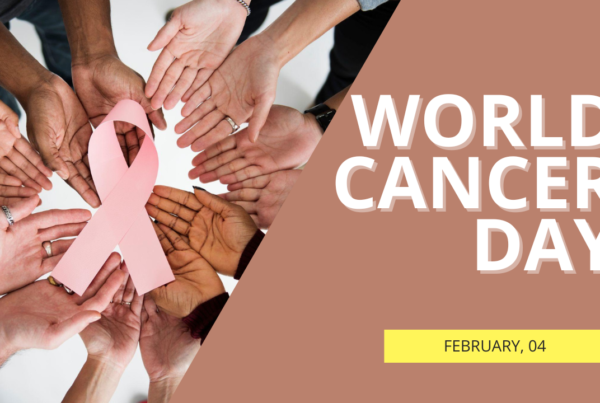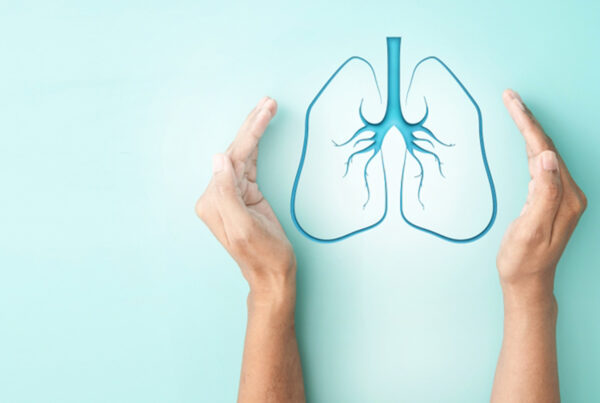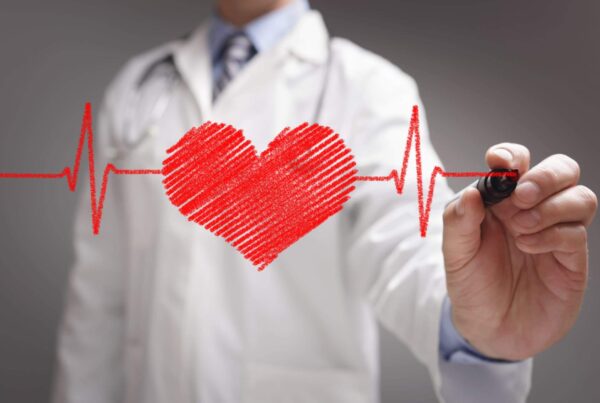Kidney disease is a major public health concern. Kidney disease often goes undetected until it is very advanced.
Unfortunately, this is when someone would need dialysis or a transplant. The key is to find kidney disease before the trouble starts. Regular testing for everyone is important, but it is especially important for people at risk.
Don’t Overdo Certain Medications
NSAIDs are nonsteroidal anti-inflammatory drugs, like ibuprofen and naproxen. They can damage your kidneys if you take too many at once or take them too often. And using proton pump inhibitors (PPIs) for an ulcer or GERD for a long time can raise your chances of chronic kidney disease. You should only take them if your doctor says you need them.
Take Care With Antibiotics
These bacteria-fighting drugs can damage your kidneys if you use them too often. It can happen even if you’re perfectly healthy, though it’s more serious if your kidneys don’t work as well as they should. Some types, like penicillin, sulfonamides, and cephalosporins, are more likely to cause problems.
Eat Healthy
Your kidneys process everything you eat or drink, including anything that’s bad for you, like lots of fat, salt, and sugar. Over time, a bad diet can lead to high blood pressure, obesity, diabetes, and other conditions that are hard on your kidneys. A healthy diet has lots of vegetables, fruits, and whole grains, and few processed foods
Watch Your Salt
This mineral affects people in different ways. For some, it seems to raise the amount of protein in their urine. That can harm your kidneys or make kidney disease worse if you already have it. Lots of salt also raises your chances of high blood pressure, a typical cause of kidney disease, and kidney stones, which can be very painful and possibly cause damage without treatment.
Drink Enough Water
Water helps get important nutrients to your kidneys and move waste to your bladder in the form of urine. If you don’t drink enough, the tiny filters inside your kidneys can get stopped up and lead to kidney stones and infections. Even mild dehydration can damage your kidneys if it happens often enough. Four to six cups a day is typically about right, but you might need more if you’re sick or out in the heat.
Exercise
Just like a healthy diet, this helps prevent conditions like diabetes and heart disease that can lead to kidney damage. But don’t try to go from couch potato to gym rat in a day. Too much exercise can also damage your kidneys if you’re not ready for it. Work your way up to 30 to 60 minutes at least five days a week. Start slow if you haven’t done it in a while, and check with your doctor first if you have health issues.
https://www.webmd.com/a-to-z-guides/ss/slideshow-keep-kidneys-healthy




